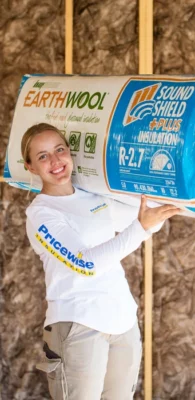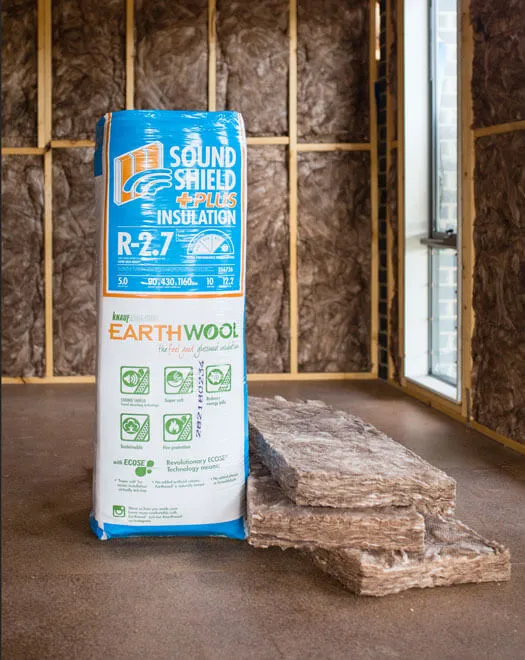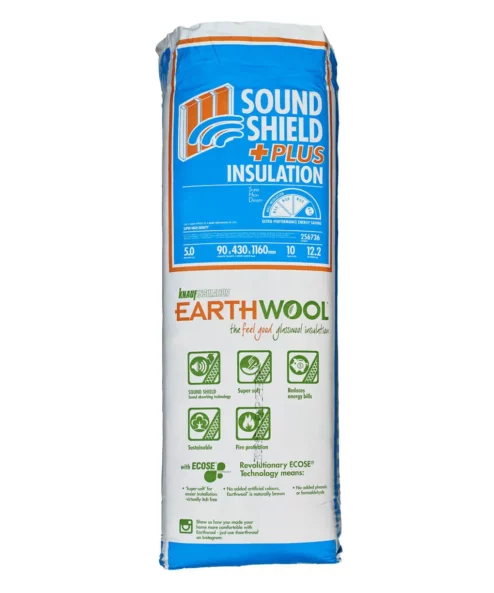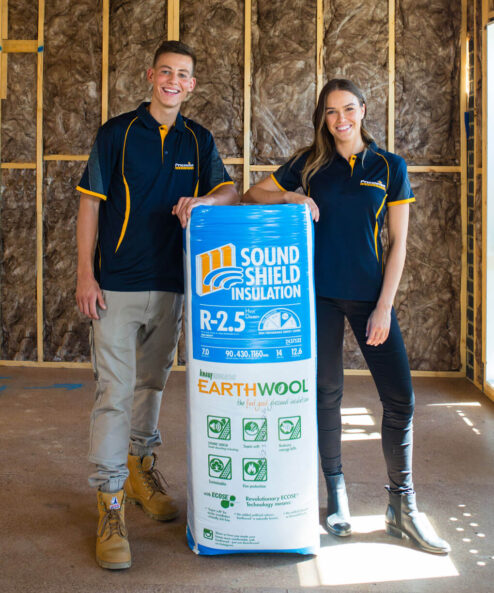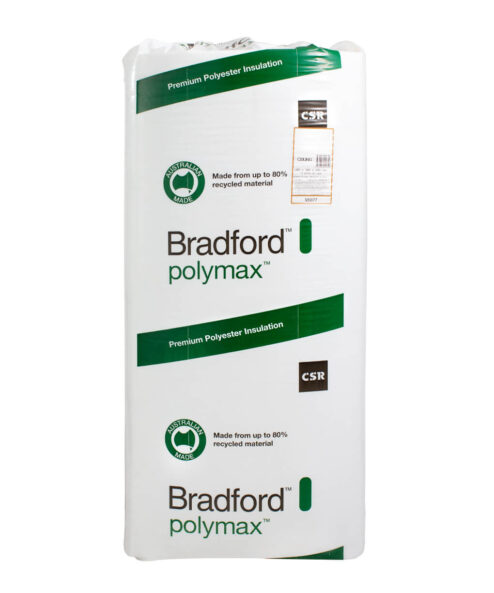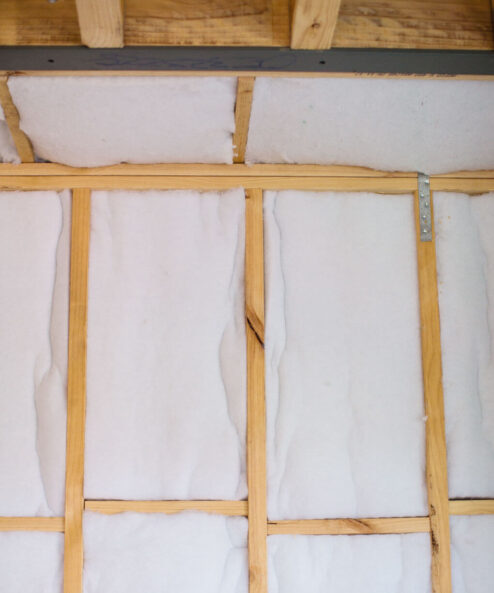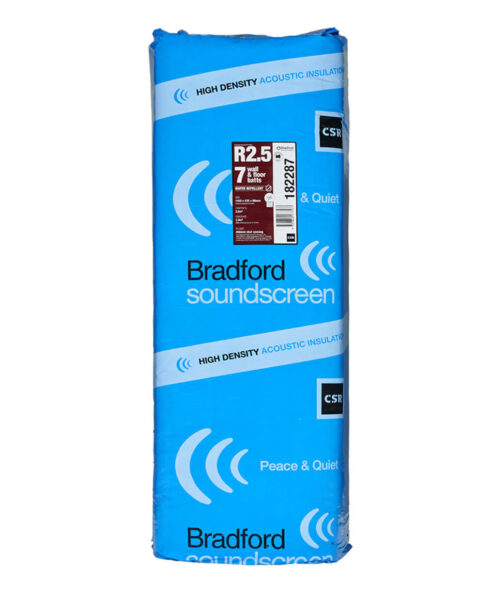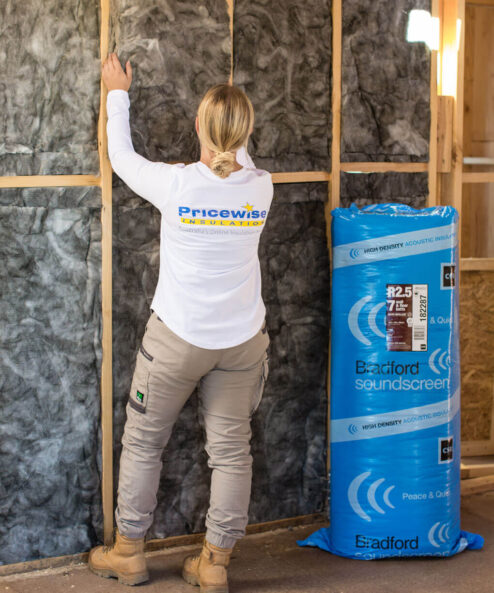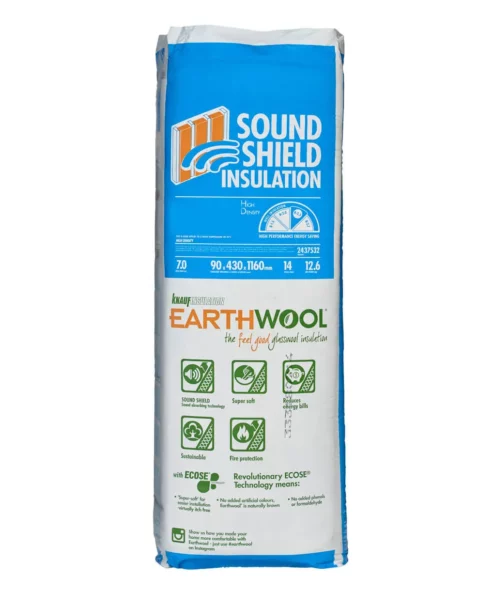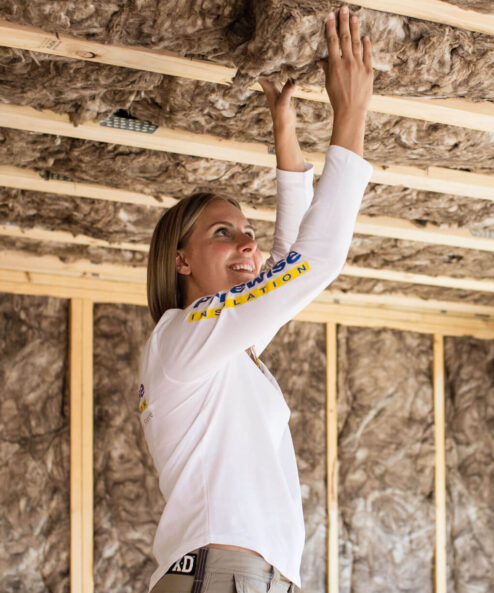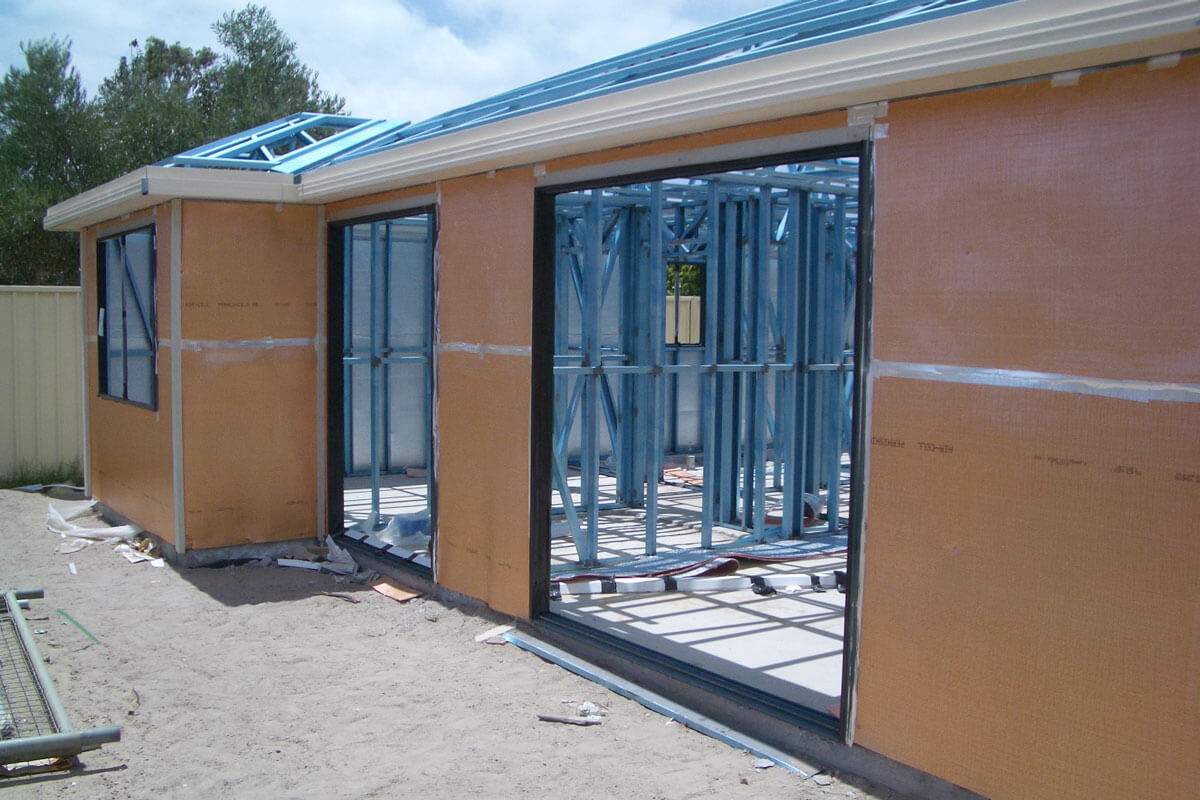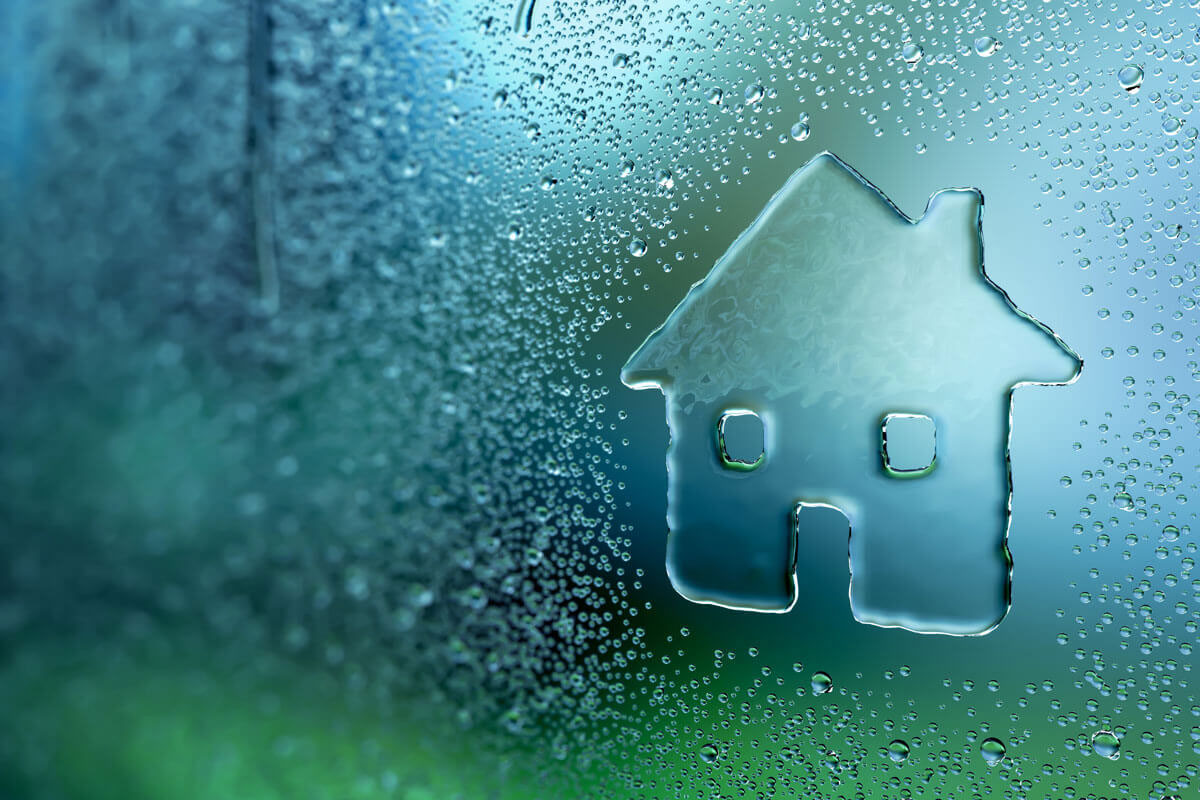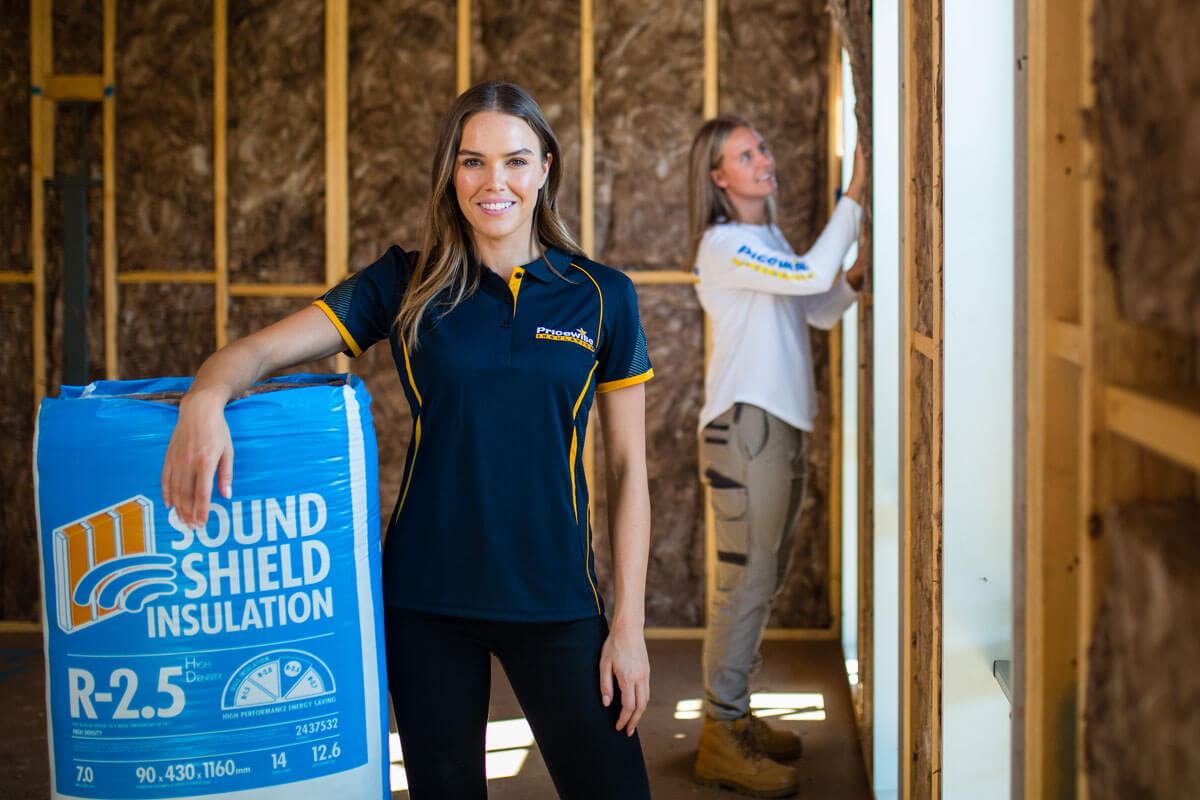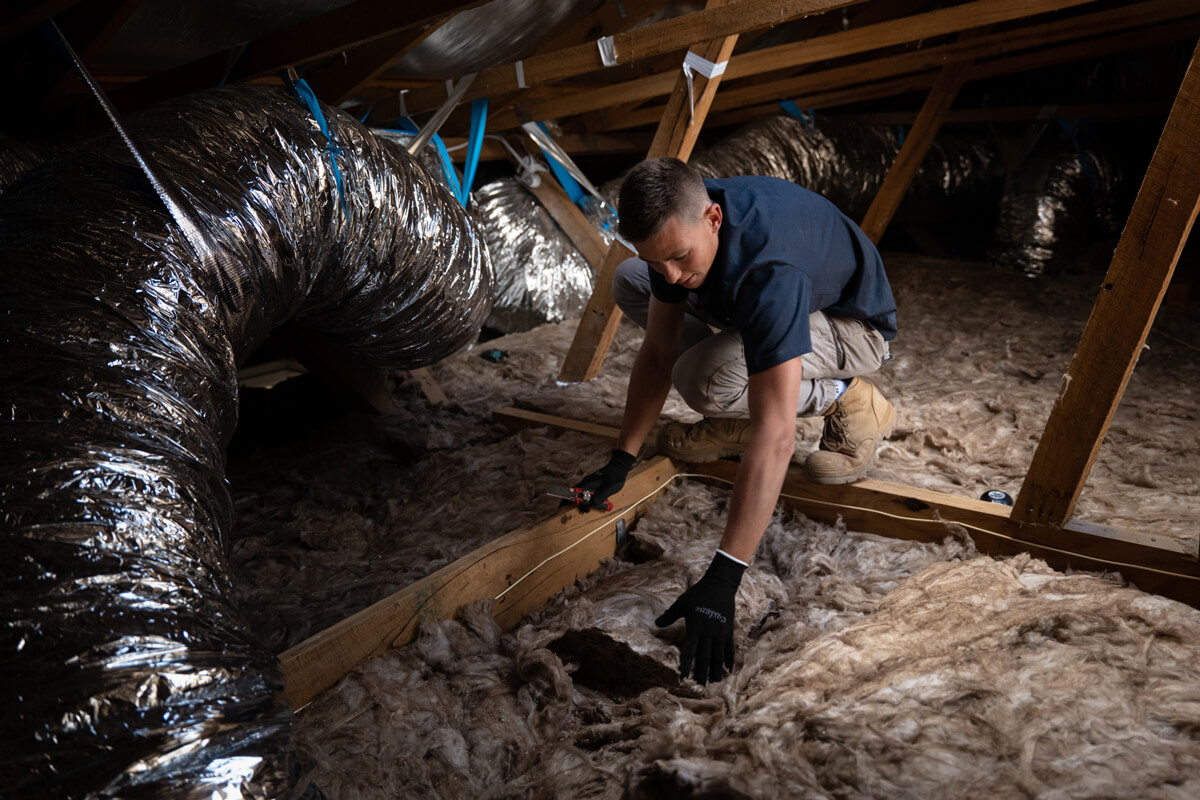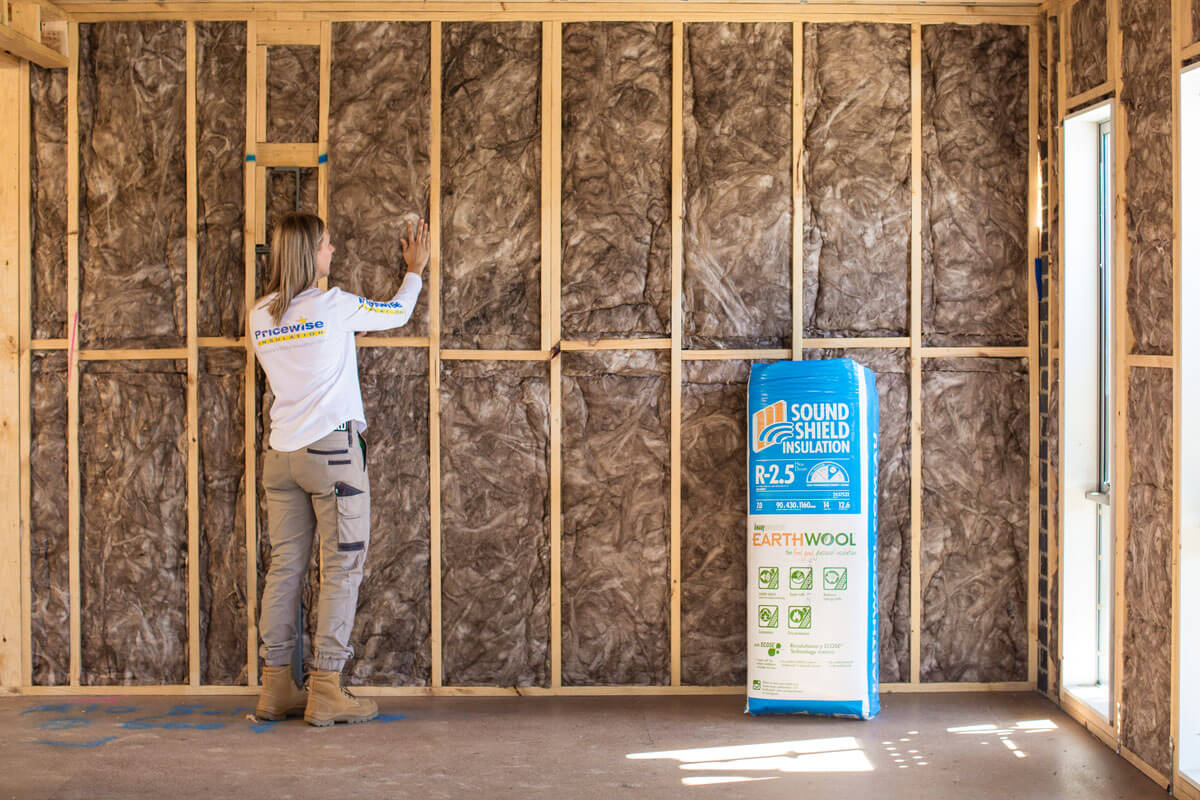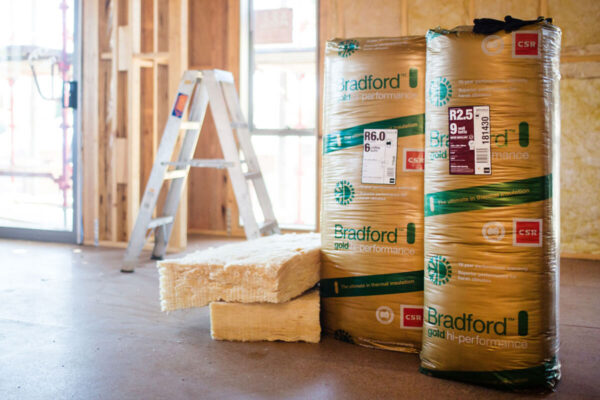Insulation Tips
How Insulation Can Improve Indoor Air Quality?
Humans today spend a great deal of their lives indoors, more so than any other period during our time here on Earth. This makes maintaining good indoor air quality (IAQ) vital to having a good quality of life in this day and age. Just like clean water and healthy food, good indoor air quality is an important part of our health and overall well-being.
IAQ is an often overlooked aspect of a healthy home. When we say IAQ, we are referring to the level of pollutants, allergens, and moisture in the air we breathe indoors. IAQ refers to the air purity within indoor spaces, influenced by factors like moisture levels, temperature, and pollutants.
Pollutants such as dust, pollen, volatile organic compounds (VOCs), and exhaust fumes can infiltrate homes and negatively affect IAQ. Poor indoor air quality can lead to health problems, such as respiratory issues, allergic reactions, headaches, fatigue, and even chronic illnesses.
Insulation is often overlooked as a solution to poor air quality. When, in fact, insulation regulates moisture, maintains consistent indoor temperatures, and acts as a barrier to outdoor pollutants. But what does insulation do, exactly?
Understanding the Basics of Insulation
What is insulation?
Insulation is a material used in buildings that helps slow down the transfer of heat. This effectively keeps your home cooler in summer and warmer in winter.
Insulation can be made up of many different materials, including fibreglass, polyester, rockwool, foam, and cellulose.
How insulation works:
Insulation works by trapping air in small pockets, which slows down the movement of heat through walls, roofs, and floors. It helps maintain a stable indoor temperature by reducing heat exchange between the inside and outside.
It reduces the flow of heat, either keeping it in during winter or out during summer to maintain a consistent indoor temperature and reduce energy consumption for heating and cooling.
The Connection Between Insulation and Indoor Air Quality
Insulation as a barrier to outdoor pollutants:
Insulation helps regulate indoor air by preventing pollutant-carrying draughts from coming indoors and entering your home.
By combining properly installed insulation with draught-proofing, you can reduce the number of pollutants like dust and pollen entering your home and drastically improve indoor air quality (IAQ). Draught-proofing includes things like sealing gaps around windows, taping cracks, and installing door seals.
Moisture control and mould prevention:
Moisture control is the key to preventing mould growth. Another benefit of insulation is that it helps control moisture levels in the home by preventing warm air from coming into contact with cold surfaces.
Here in Australia, high moisture levels in uninsulated areas, such as bedrooms and bathrooms, can lead to surfaces dropping below the dew point. When this happens, the result is condensation—which creates the perfect environment for mould to grow in.
Mould directly contributes to poor indoor air quality (IAQ). These organisms can damage the structure of your home and release harmful spores that can trigger respiratory problems and allergies.
Australia and New Zealand have some of the highest rates of respiratory and skin-related illnesses that are linked to mould growth in homes. When properly installed, air-quality insulation helps regulate surface temperatures to prevent condensation which, in turn, prevents mould growth.
Temperature regulation and air quality:
Extreme temperatures can also affect IAQ. Homes that are poorly insulated can experience temperature extremes that may need frequent heating or cooling. Fluctuations in temperature can cause condensation and the increased circulation of air can also spread pollutants like dust and allergens.
In well-insulated homes, the insulation helps regulate indoor temperature. This minimises the movement of air and reduces exposure to indoor pollutants.
Health Benefits of Improved Indoor Air Quality Through Insulation
Reduction in respiratory issues:
The connection between insulation and health becomes clearer when you consider how insulation improves air quality and reduces the risk of respiratory issues.
For more information, refer to our blog on the Health Benefits of Home Insulation.
Prevention of illness caused by mould and mildew:
As mentioned earlier, exposure to mould and mildew can lead to respiratory infections, allergic reactions, and more severe conditions in immunocompromised individuals. Insulation helps control moisture levels which can prevent the growth of mould.
Additional Benefits of Insulation Beyond Air Quality
Energy efficiency and cost savings:
By maintaining consistent indoor temperatures, insulation reduces the need for heating and cooling. Lowered energy consumption equals lower utility bills and a more sustainable home.
Soundproofing benefits:
Acoustic insulation can also work to help reduce both airborne and impact noise from other rooms and outside the home. A quieter and more peaceful indoor environment can lead to better sleep and concentration.
Tips for Choosing the Right Insulation to Improve IAQ
Selecting materials with low VOCs (Volatile Organic Compounds):
You should try to avoid using materials that contain high VOCs to maintain good IAQ levels. VOCs are carbon-containing chemicals that evaporate into the atmosphere at room temperature.
VOCs often come with an odour and are present in many household products and commonly used materials. They affect air quality and can irritate the eyes, nose, and throat, causing headaches, and nausea, and can even lead to more severe health complications.
Brands like Earthwool do not have any added formaldehyde or phenols in their binder and are low-VOC products.
Proper installation is key:
To get the most out of your insulation, and to save money in the long run, make sure you install the insulation properly. It is important to make sure there are no gaps and that cracks are sealed so that the insulation is installed in a way that maximises IAQ.
Maintenance and inspection:
Over time, insulation can degrade or become less effective if certain areas are exposed to moisture. Regular maintenance and inspections can extend the lifespan of your insulation and keep your air quality at a good level.
Choose Pricewise Insulation today!
If you need more information on improving your indoor air quality, contact us to discuss your options. Pricewise Insulation is a 100% Australian, 100% family-owned business with over 14 years of experience in the industry.
We provide insulation solutions that will make your home more comfortable, healthy, and sustainable to live in.
Featured ProductsBrowse All
Recent Blog Posts

